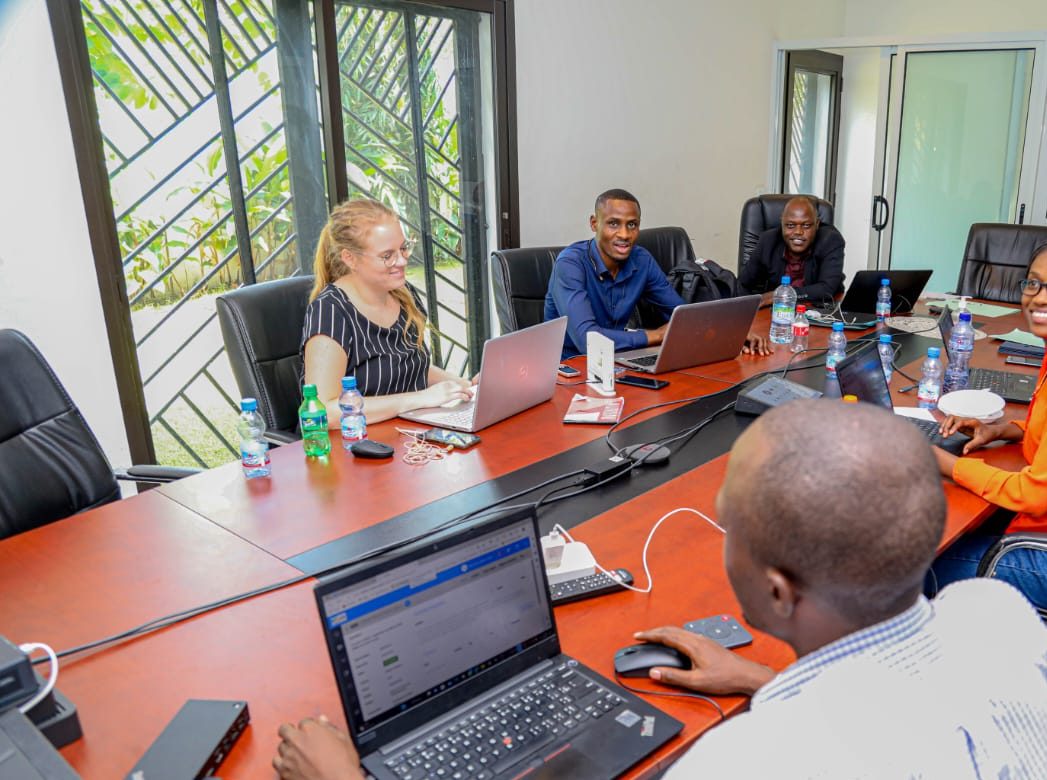As society continues to emphasize sustainability and environmental consciousness, it is crucial to examine the ecological footprint of various industries, including those dedicated to accessibility. While the Americans with Disabilities Act ADA consulting services play a vital role in ensuring equal access for all individuals, their environmental impact is often overlooked. This article delves into the sustainability aspects of ADA consulting services, exploring ways to minimize environmental harm while maximizing accessibility. Traditional ADA consulting services often involve extensive travel for site assessments, meetings, and training sessions. This reliance on transportation contributes significantly to carbon emissions and air pollution. Moreover, the production and dissemination of paper documents for compliance reports and recommendations further exacerbate environmental strain.
Remote Assessments and Consultations – Harnessing technology can reduce the need for extensive travel. Remote assessments using digital tools such as video conferencing, virtual reality, and drone surveys allow consultants to evaluate accessibility without physically visiting the site. By minimizing travel, carbon emissions associated with transportation are significantly reduced.
Digital Documentation and Reporting – Transitioning from paper-based to digital documentation not only saves trees but also reduces energy consumption and waste. ADA consulting firms can utilize electronic formats for reports, plans, and training materials, thereby decreasing their environmental footprint. Digital platforms also facilitate easier dissemination and sharing of information among stakeholders.

Sustainable Transportation Options – When physical site visits are necessary, prioritizing sustainable transportation modes can mitigate environmental impact. Consultants can opt for carpooling, public transit, or electric vehicles to reduce carbon emissions. Additionally, incorporating walking or cycling into site assessments when feasible promotes healthier and eco-friendly travel alternatives.
Green Office Practices – Beyond project-specific initiatives, ADA consulting firms can adopt green office practices to minimize their overall environmental impact. This includes reducing energy consumption, implementing recycling and waste reduction programs, and sourcing eco-friendly office supplies. By operating sustainably internally, these firms set an example for their clients and contribute to broader environmental efforts.
Advocating for Universal Design – Promoting universal design principles fosters long-term sustainability in accessibility initiatives. By designing environments and products that are inherently inclusive and adaptable, the need for extensive retrofitting and ongoing consultations diminishes. Universal design not only benefits individuals with disabilities but also enhances usability for everyone while reducing resource consumption and waste.
Challenges and Opportunities – Despite the potential benefits of adopting sustainable practices, ADA consulting firms may encounter challenges such as resistance to change, initial investment costs, and technological limitations. However, these challenges present opportunities for innovation and collaboration within the industry. By embracing sustainability as a core value and integrating it into their business model, ADA consulting firms can differentiate themselves, attract environmentally conscious clients, and contribute to positive environmental outcomes and learn more.
By implementing sustainable practices in ADA consulting services, such as remote assessments, digital documentation, and advocating for universal design, firms can minimize their ecological footprint while fulfilling their essential role in promoting accessibility. As we strive for a more inclusive and environmentally responsible future, integrating sustainability into accessibility initiatives becomes imperative.